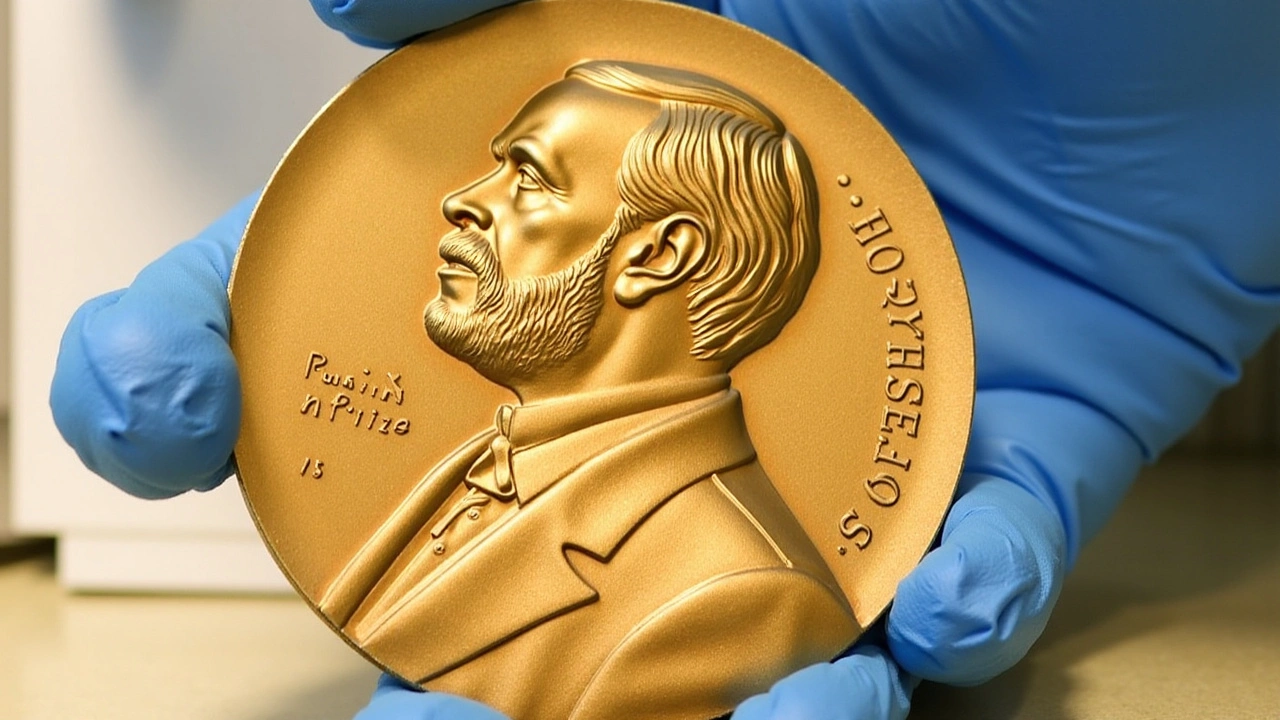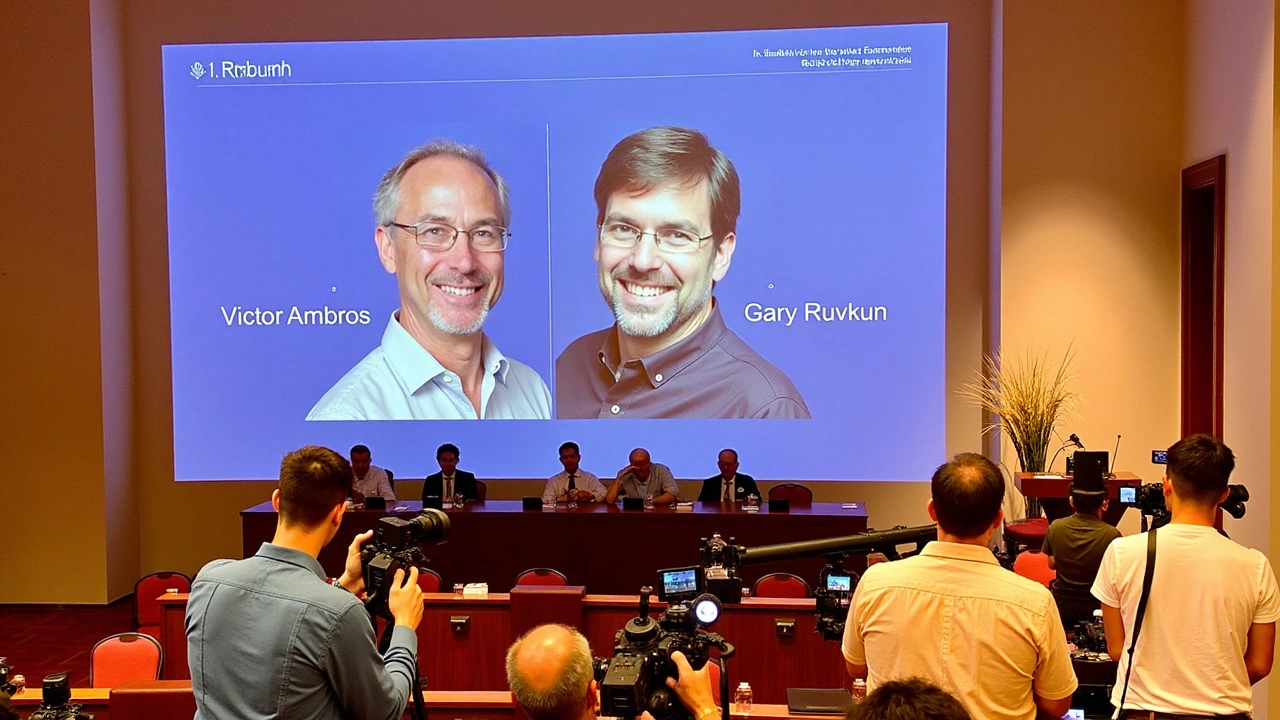Introduction to the Nobel Prize Achievement
This year's Nobel Prize in Physiology or Medicine has brought well-deserved recognition to two outstanding scientists, Victor Ambros and Gary Ruvkun, for their groundbreaking work in the field of molecular biology. Both of these scholars have been justly acknowledged for their discovery of microRNA and its role in regulating gene expression, a development that has been revolutionary in understanding biological processes on a molecular level. The significance of this award cannot be overstated, as it sheds light on the critical role these small RNA molecules play in the intricate processes that govern gene activity.
Significance of the Discovery
The award-winning discovery of microRNAs by Ambros and Ruvkun opened new vistas in understanding genetic regulation. These small RNA molecules, typically 20-24 nucleotides long, are paramount in the fine-tuning of gene expression through post-transcriptional regulation. MicroRNAs bind to target messenger RNA (mRNA) molecules, leading to their degradation or inhibiting their translation into proteins. This mechanism is crucial for maintaining the homeostasis of cellular processes, influencing cell proliferation, differentiation, and apoptosis. The knowledge unearthed by these scientists has profound implications for the study of diseases such as cancer, heart diseases, and neurological disorders, where dysregulation of microRNAs has been implicated.
The Collaborative Journey of Ambros and Ruvkun
The journey leading to this prestigious accolade is a testament to the power of collaborative scientific inquiry. Victor Ambros and Gary Ruvkun, both prominent researchers based in the United States, embarked on a path that merged the strengths of their respective laboratories. Their perseverance in the face of initial skepticism and their commitment to unearthing the mysteries of gene regulation are inspiring. Through meticulous experimentation, they uncovered the existence of microRNAs and elucidated their roles, leading to a paradigm shift in molecular biology.

Impact on Molecular Biology
Their work has engendered a new era in molecular biology, revealing that our genomes are managed by a multitude of non-coding RNAs. These discoveries have expanded our understanding of the complexity and sophistication of regulatory networks within cells. As this new realm of molecular biology unfolds, the contributions of Ambros and Ruvkun continue to serve as a touchstone for researchers who aim to decode the latent capabilities encoded within the strands of DNA.
Future Prospects in MicroRNA Research
The implications of Ambros and Ruvkun's work extend far beyond the laboratory. Their discoveries have laid the groundwork for next-generation diagnostics and therapeutics targeting microRNA pathways. There is immense potential in utilizing these molecules as biomarkers for various diseases, offering prospects for early detection and intervention. Furthermore, therapeutic applications that involve mimicking or inhibiting specific microRNAs are on the horizon, promising innovative treatments that are precise and personalized.
Conclusion
Receiving the 2024 Nobel Prize in Physiology or Medicine is not just a victory for Victor Ambros and Gary Ruvkun, but a triumph for the scientific community at large. Their pioneering research has reshaped our understanding of genetic regulation and continues to inspire ongoing exploration into the unseen world of non-coding RNAs. It serves as a reminder of the power of scientific discovery in unraveling the mysteries of life and addressing the complex challenges posed by human ailments. The spirit of innovation and collaboration embodied by these laureates offers a beacon of hope for the future of science and medicine.


Ron Rementilla
The microRNA breakthrough truly redefines how we think about gene regulation.